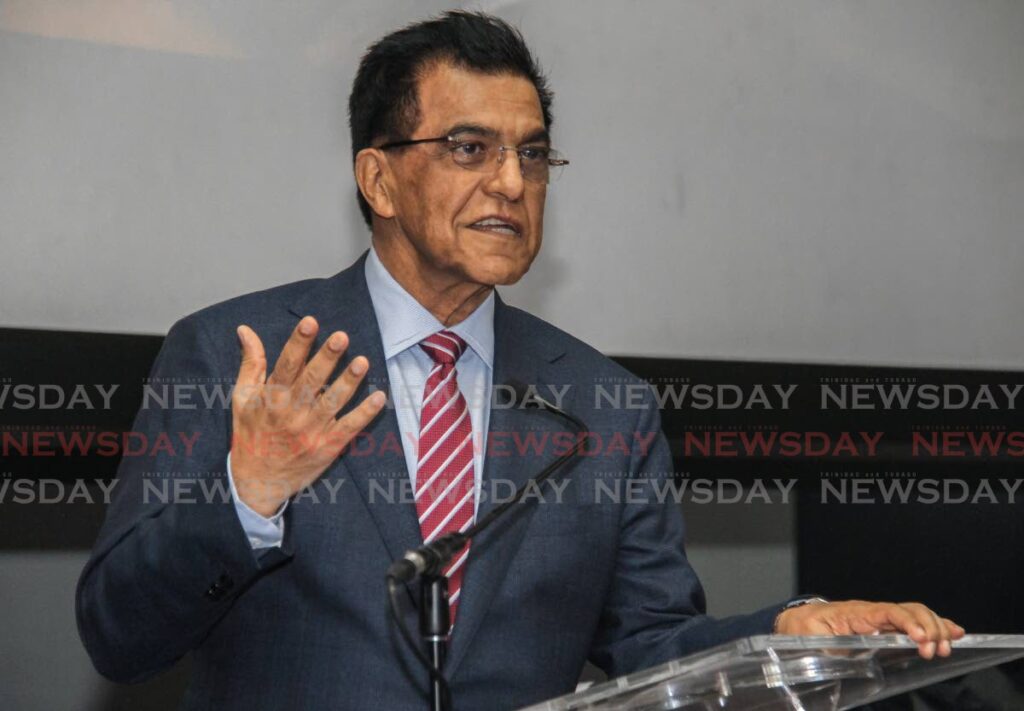Commercial diver: Divers don't go into pipelines

COMMERCIAL diver Krishna Fuentes said doing work inside of pipelines is not something that any trained professional diver would ever do.
He made this statement when during an evidentiary hearing by the Paria Commission of Enquiry (CoE) at Tower D of the Port of Spain International Waterfront Centre on Friday.
Kazim Ali Jr, Fyzal Kurban, Yusuf Henry, Rishi Nagassar and Christopher Boodram were doing routine maintenance on a 30-inch pipeline at Berth 6, belonging to Paria Fuel Trading Co Ltd,t Pointe-a-Pierre on February 25, 2022, when they were sucked into the pipeline. Only Boodram survived.
Responding to questions from CoE lead counsel Ramesh Lawrence Maharaj SC, Fuentes said he has 12 years experience as a commercial diver and another 12 years as commercial diving supervisor.
He was not aware of any specific cases of divers being rescued from confined spaces underwater.
"Globally, there could have been."
But Fuentes said divers working inside of underwater pipelines is something that does not happen anywhere in the world.
"Diving in pipelines is not a thing. Divers don't go into pipelines."
Fuentes said there is no job that requires any diver to go into an underwater pipeline and any work divers do on these kinds of structures are done outside of them.
He added the risks of diving inside of pipelines included the type of physical penetration to get inside of them and exposure to contaminants.
In response to questions from Heritage Petroleum and Paria attorney Jason Mootoo, Fuentes said contamination protection suits for divers are not readily available in TT. He recalled seeing one lying around in a warehouse some time ago.
Regarding a penetration dive into a pipeline, Fuentes said only small bodied-divers could do this. He was uncertain whether entry into a pipeline, head first or feet first was acceptable.
Responding to questions from Seamen and Waterfront Workers Trade Union attorney Nyree Alfonso, Fuentes said if there was crude oil in the pipeline or remnants of it, it would have been hazardous to any diver going into it.
"Oil is toxic. It releases toxic fumes."
When Alfonso said not all toxic substances kill people immediately, CoE chairman Jerome Lynch KC observed, "The bleach next to my lavatory seat is toxic."
Lynch criticised attorney Prakash Ramadhar, attorney for the Kurban and Henry families, for unfairly asking Fuentes what was the risk associated with attempting to rescue the four trapped divers from the pipeline, when he was not involved in those efforts.
But Fuentes said, "The time for rescue would have been immediate."
Later in the hearing, Ramadhar criticised former Heritage operations HSSE manager Osei Flemming-Holder as Flemming-Holder reiterated efforts that were being done to assess the condition of the pipeline before attempting to rescue the divers.
Ramadhar told him, "We are not assessing here. The men are dead."
Fleming-Holder expressed surprised when Ramadhar told him that he had to answer the questions put to him and he (Ramadhar) did not have to listen to him (Flemming-Holder).
The CoE will continue its hearing at Tower D on January 9 from 10 am.

Comments
"Commercial diver: Divers don’t go into pipelines"